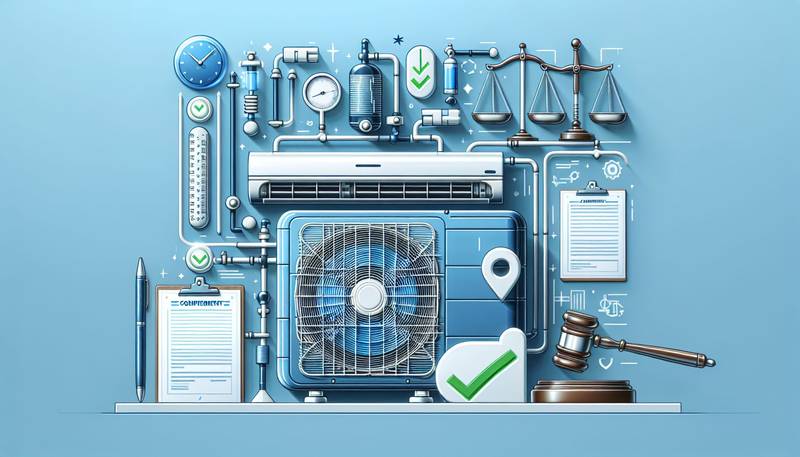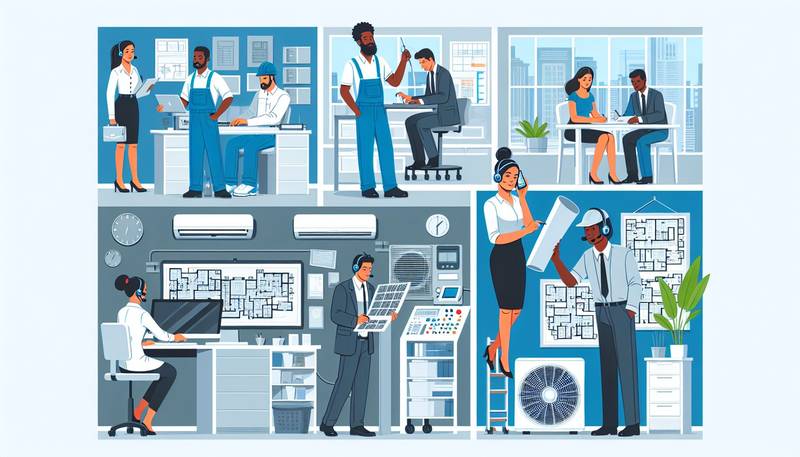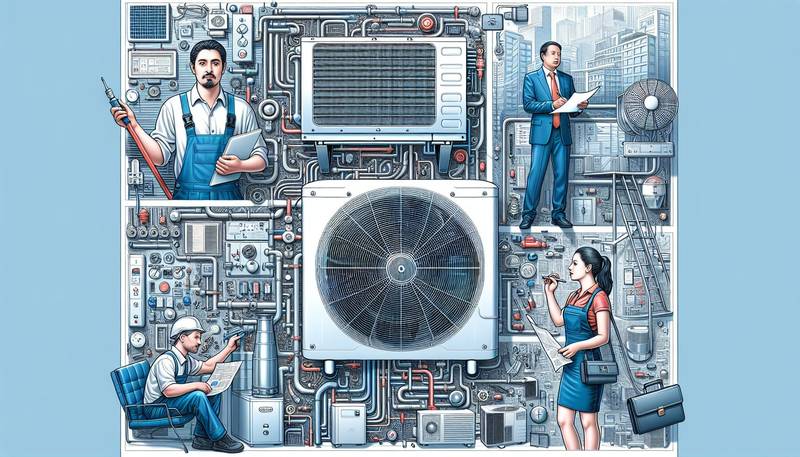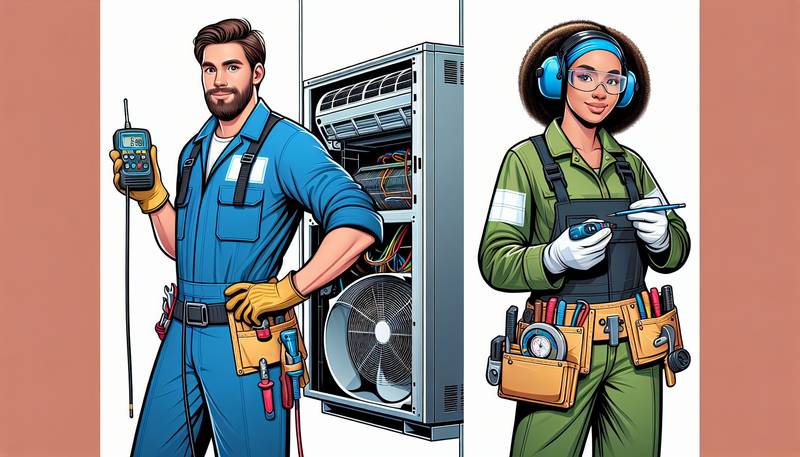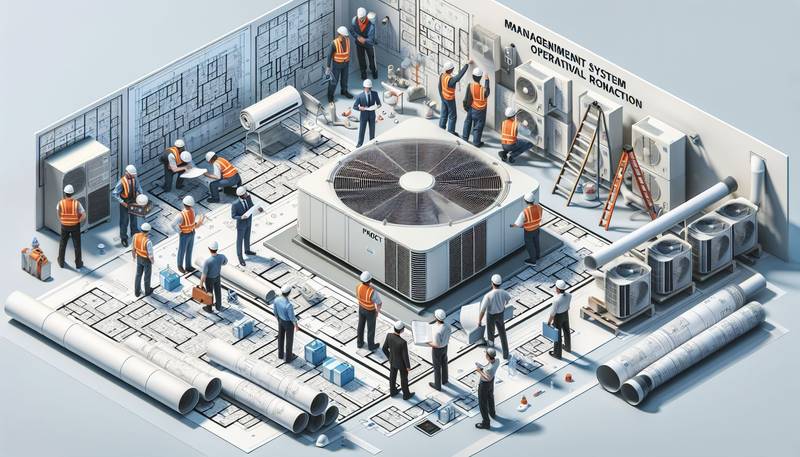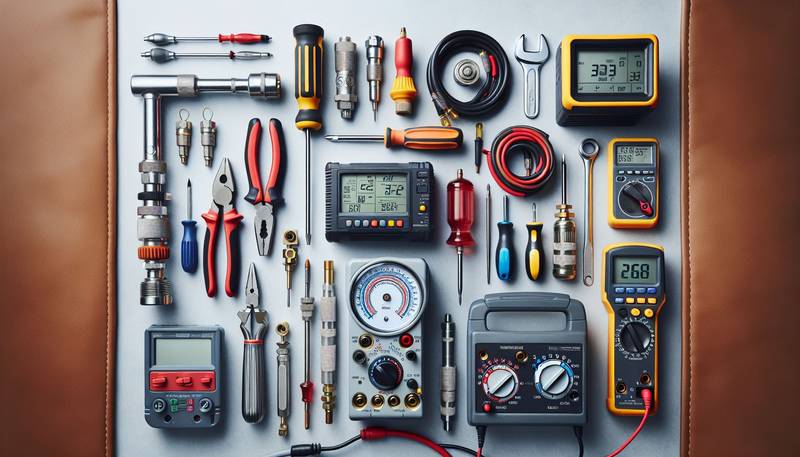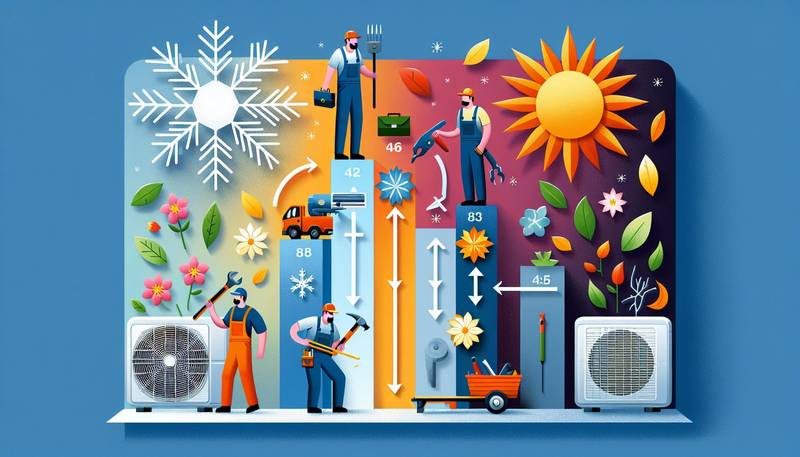Refrigerants and Regulations: Staying Compliant in Air Conditioning Work
As a result, regulations around the use and disposal of refrigerants have become increasingly stringent in recent years in an effort to mitigate these negative impacts.
Importance of Compliance
Ensuring compliance with regulations regarding refrigerants is crucial for any organization or individual involved in air conditioning work. Failure to adhere to these regulations can result in fines, legal consequences, and damage to the environment. It is therefore essential for HVAC professionals to stay informed about the latest regulations and take the necessary steps to remain compliant.
Understanding Regulations
Regulations around refrigerants vary depending on the country or region, but they generally focus on limiting the use of substances that are harmful to the environment. For example, the Montreal Protocol, an international agreement aimed at phasing out ozone-depleting substances, has had a significant impact on the regulation of refrigerants worldwide. In addition, many countries have implemented laws to control the disposal and handling of refrigerants to prevent them from being released into the atmosphere.
Transitioning to Alternative Refrigerants
In response to growing environmental concerns, many organizations are transitioning to alternative refrigerants that have a lower impact on the environment. These alternative refrigerants, such as hydrofluorocarbons (HFCs) or natural refrigerants like ammonia or carbon dioxide, are becoming more widely used in air conditioning systems as they offer a more sustainable solution. However, it is important to note that working with alternative refrigerants may require specialized training and equipment.
Best Practices for Compliance
To ensure compliance with regulations regarding refrigerants, HVAC professionals should adopt the following best practices:
- Stay informed about the latest regulations: Regularly check for updates on regulations related to refrigerants in your region and make sure you understand the requirements.
- Properly handle and dispose of refrigerants: Follow proper procedures for handling and disposing of refrigerants to prevent leaks and minimize environmental impact.
- Conduct regular maintenance and inspections: Regularly inspect air conditioning systems for leaks and make any necessary repairs promptly to prevent the release of refrigerants into the atmosphere.
- Invest in training and certification: Obtain the necessary training and certification to work with refrigerants safely and in compliance with regulations.
Conclusion
Compliance with regulations regarding refrigerants is essential for ensuring the sustainability and environmental responsibility of air conditioning work. By staying informed about the latest regulations, transitioning to alternative refrigerants, and adopting best practices for compliance, HVAC professionals can minimize their impact on the environment and contribute to a greener future.
